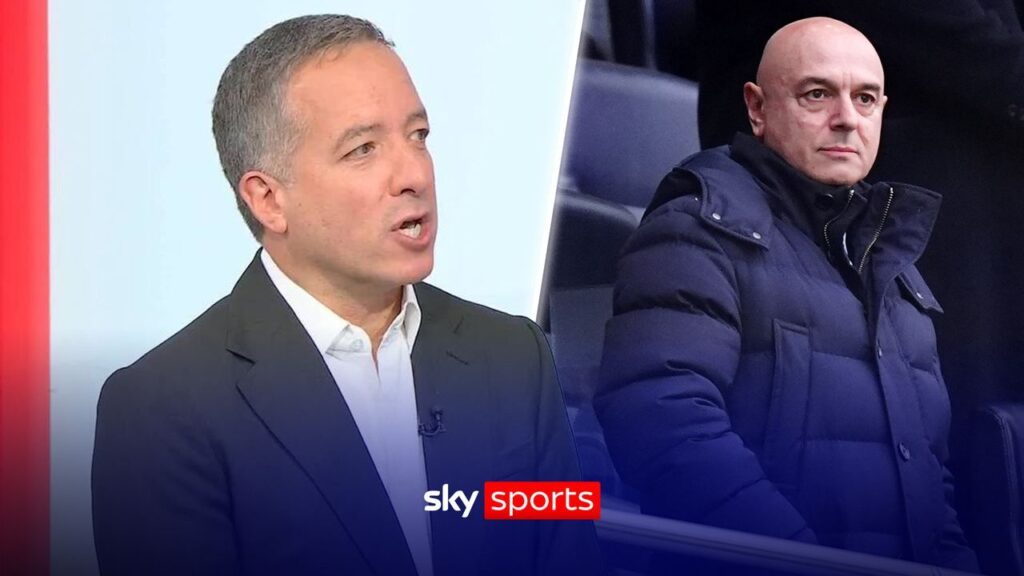
Introduction
Daniel Levy, a prominent figure in the realms of sports and media, has gained attention for his strategic vision and leadership skills. As the chairman of Tottenham Hotspur, Levy is recognized not only for his impactful role in football but also for his contributions to the sports media landscape. In a time when the intersection of sports and entertainment is more critical than ever, understanding Levy’s influence is essential.
Leadership at Tottenham Hotspur
Since taking the reins at Tottenham Hotspur in 2001, Daniel Levy has been pivotal in transforming the club. Under his stewardship, the club has seen significant improvements both on and off the pitch. The completion of the state-of-the-art Tottenham Hotspur Stadium in 2019 is a testament to Levy’s commitment to enhancing the fan experience and maximizing the club’s revenue potential. This move has positioned Spurs among the elite clubs in Europe, making them a key player in the global football market.
Significant Deals and Partnerships
Levy’s strategic acumen extends beyond infrastructure. He has been instrumental in negotiating lucrative commercial deals, including partnerships with various global brands. Recently, the revival of the Premier League’s broadcasting rights has opened new revenue streams, and Levy’s involvement in these negotiations has ensured that Tottenham capitalizes on these opportunities. By leveraging the club’s marketability, Levy has put Spurs on the map as a brand that resonates not just with local fans, but globally.
Recent Ventures into Media
In addition to his role in football, Daniel Levy has been actively expanding his influence in the media sector. The rise of sports content across digital platforms has not gone unnoticed by Levy, who has been exploring new avenues to engage fans. Collaborations with streaming services and the development of original content are part of his strategy to extend the Tottenham brand beyond traditional media. This forward-thinking approach is reshaping how fans interact with their favorite teams.
Conclusion
Daniel Levy’s multifaceted approach to leadership in sports and media underscores his significant influence in shaping the future of football and entertainment. As he continues to navigate the evolving landscape of sports management, his visionary strategies will likely play a crucial role in how clubs operate in the digital age. For fans and stakeholders alike, monitoring Levy’s developments will provide insight into the future direction of the industry. With the integration of new technologies and media initiatives, Daniel Levy is positioning Spurs to thrive in an increasingly competitive environment.



